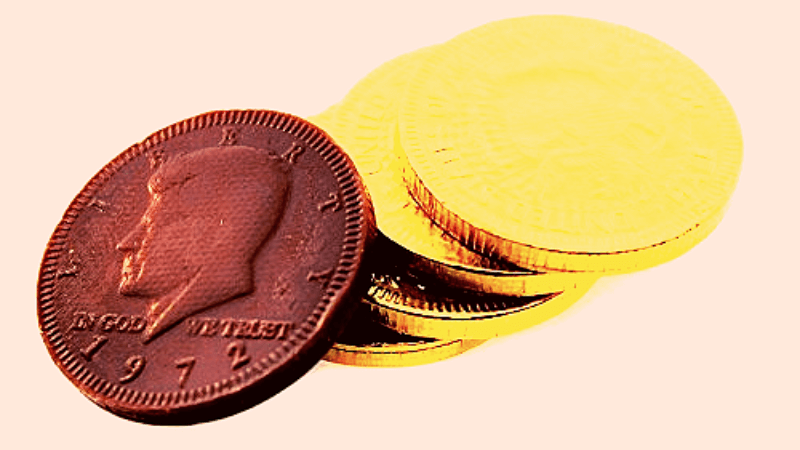Hedge Fund Shorts Stablecoin Tether (USDT)
Hedge fund Fir Tree Capital Management took a large short position against Tether. If its bet pays off, the hedge fund is expecting to see returns within 12 months.

Fir Tree Capital Management, a $4B hedge fund, took out a large short position against Tether. If its bet pays off, the hedge fund is expecting to see returns within 12 months. According to Bloomberg's report, Fir Tree is said to have devised a novel method to execute the short position on Tether. Many observers believe Fir Tree is taking out a loan in USDT.
Tether (USDT) is a US Dollar-pegged stablecoin with an $80B market cap and a history of sketchy dealings. Since 2017, Tether has been accused of printing its USDT tokens without assets to back them. For years, Tether claimed that USDT was 100% backed by cash, but in October 2021, Tether was fined $41M by the United States Commodity Futures Trading Commission for lying about its reserves. In March 2021, Tether admitted that roughly 75% of its reserves were in cash or cash equivalents. Within the cash and cash equivalents, 65% is believed to be commercial paper.
Commercial paper is unsecured, short-term debt issued by companies. Tether is believed to hold $24B in high-yield commercial paper. Fir Tree believes much of Tether's commercial paper is linked to Chinese real estate developers.
China's real estate economy is believed by many to be on the verge of collapse, with fears that giant Evergrande could lead the way. If the firms in Tether's commercial paper portfolio default, much of USDT's cash equivalent backing will become worthless. Tether claims that it doesn't own any Evergrande commercial paper, but Fir Tree believes that Tether's commercial paper is at risk. If Tether’s cash reserves dissolve, USDT may unpeg from the US Dollar and collapse to zero value.
While Bloomberg hints that Fir Tree devised a new approach to shorting Tether, it is possible that the hedge fund simply took out a loan in USDT, converted the borrowed USDT to fiat or another stablecoin, then invested those funds in something else. In this scenario, Fir Tree would have to pay interest on the loan, but if USDT collapses, the hedge fund will pay back the loan for cents on the dollar. It’s unlikely that USDT will ever be worth significantly more than $1, so the strategy has much higher upside than downside.
The details of Fir Tree's strategy are not public, but it could work like this:
- Fir Tree takes out a loan of 1,000 USDT tokens, using $1,000 in fiat.
- If USDT crashes to a value of $.02, then Fir Tree can purchase 1,000 USDT for $20 to pay back the loan, since they borrowed USDT, not US Dollars. Fir Tree will lose the interest they paid on the loan but reclaim their $1,000 fiat collateral for just $20 worth of USDT plus interest.
- If USDT does not crash, Fir Tree can purchase 1,000 USDT for $1,000 in fiat to repay the loan. Fir Tree only loses the loan interest.
Retail investors can execute a similar maneuver by using a DeFi loan protocol to borrow USDT. Unlike hedge funds, retail investors will likely pay much higher interest, so the strategy may not be viable.
This Morning On Chain does not provide financial advice.
